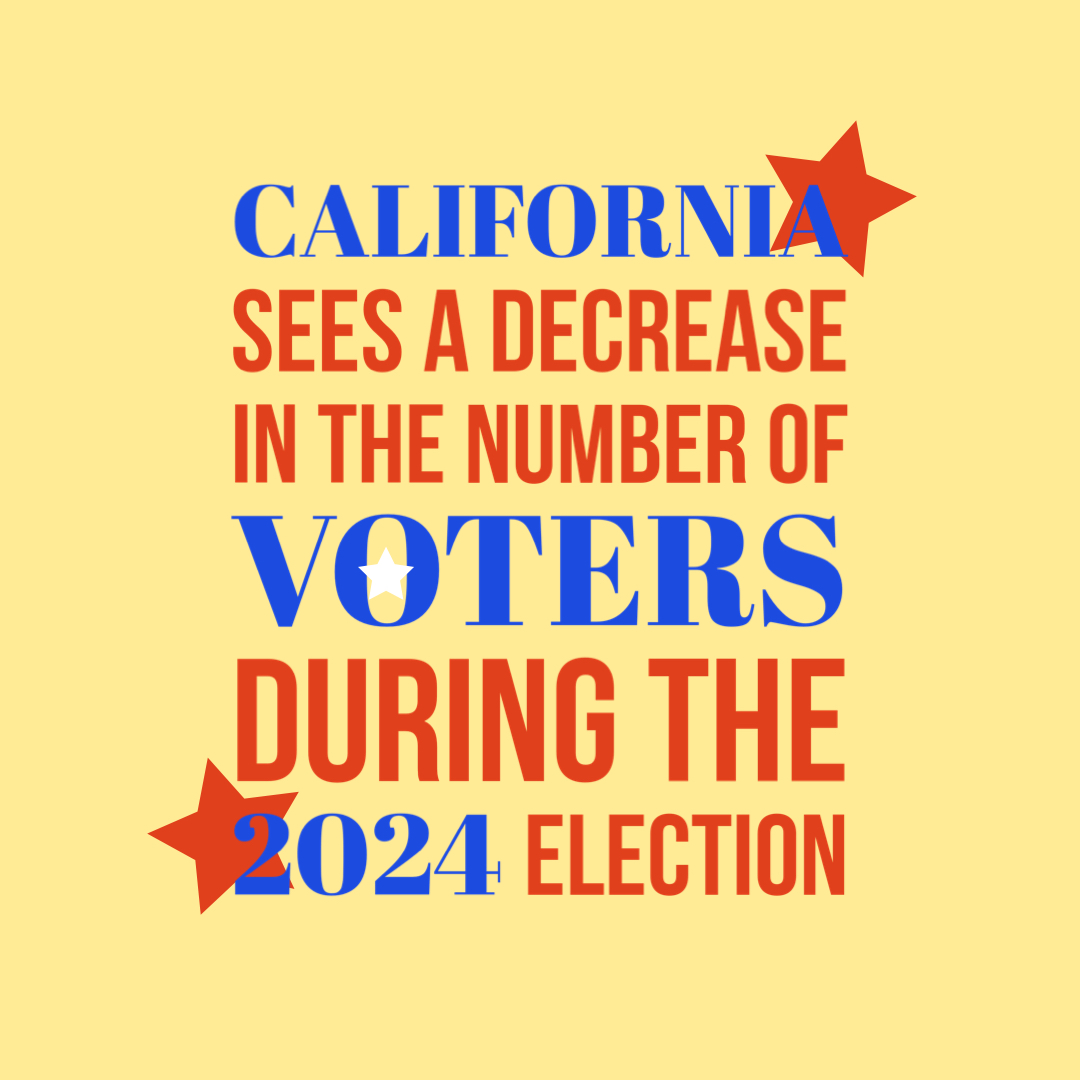On September 10, the much-anticipated debate between former President Donald Trump and current Vice President Kamala Harris unfolded in Philadelphia, drawing a substantial audience and generating considerable buzz across the political spectrum.
Sharp exchanges and contrasting visions marked the debate at the University of Pennsylvania’s Annenberg Center for the future of the United States. Trump, the Republican frontrunner, emphasized his achievements during his previous term and presented a platform centered on economic revitalization reform. He accused the current administration of mismanagement and failure to address key issues, reiterating his promise to “Make America Great Again.”
In response, Harris, the Democratic vice-presidential candidate, highlighted the current administration’s accomplishments and focused on the need for continued progress on healthcare, climate change, and social justice. She criticized Trump’s previous presidency as a period of division and instability, framing her arguments around unity and forward-thinking policies.
The debate featured intense moments, with Trump frequently interrupting Harris and challenging her record. Harris, in turn, countered with a measured and assertive demeanor, aiming to appeal to undecided voters with her policy specifics and broader vision for the country.
Key topics included the economy, where Trump argued for tax cuts and deregulation, while Harris advocated for increased investment in education and infrastructure. On healthcare, Trump reiterated his call to repeal and replace the Affordable Care Act. In contrast, Harris defended the current administration’s efforts and proposed expanding access through new reforms, according to BBC News.
The debate is expected to influence voter sentiment as the election season progresses. Polls and post-debate analysis will provide further insights into how the candidates’ performances impact their standings in the race.
Overall, the Philadelphia debate highlighted the stark contrasts between Trump’s and Harris’s approaches to the nation’s most pressing issues, setting the stage for a dynamic and competitive electoral contest.
The aftermath of the debate
In a surprising twist, Kamala Harris has publicly challenged Trump to a second debate, asserting that the American people deserve further clarity on their differing visions for the country. This challenge has sparked mixed reactions; supporters view it as an opportunity for deeper discussion, while critics question the necessity of another face-off given the polarized responses to the first debate.
Media commentators are divided on the implications of a second debate. Some argue it could further solidify Harris’s standing among undecided voters, while others caution that Trump’s unpredictable style could overshadow substantive policy discussions. As both parties gear up for potential follow-up exchanges, the political landscape continues to shift, eagerly awaiting the next chapter in this contentious dialogue.





